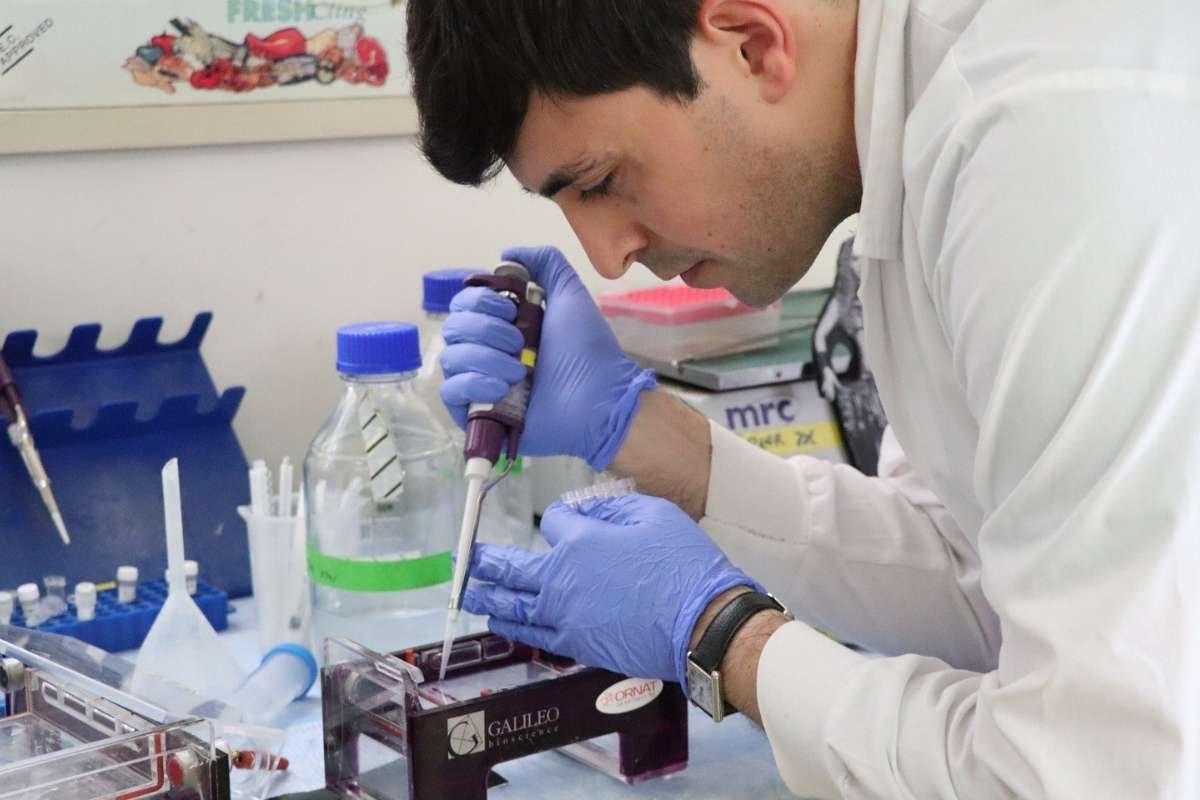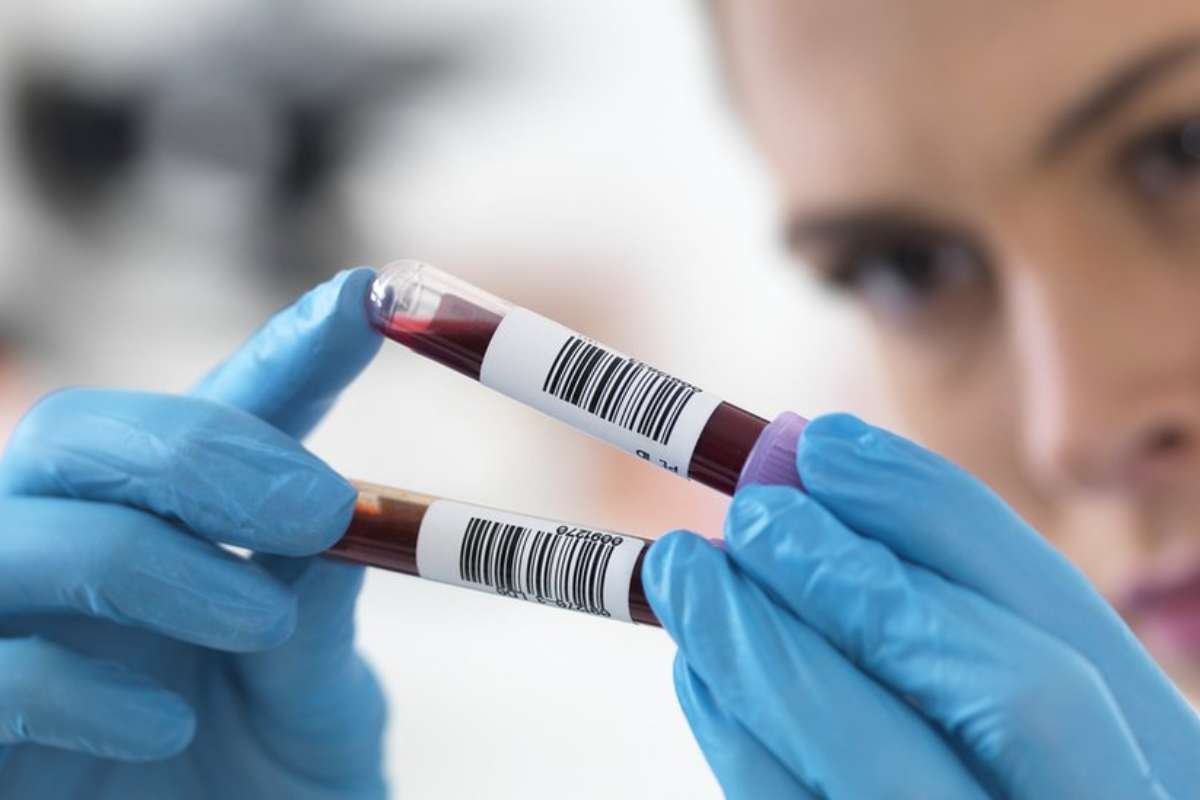Fasting has been observed in many cultures for centuries. Some people think of practicing fasting as a spiritual aspect, whereas some think of it as a health enhancement aspect. Fasting is observed in many forms, and it has many different versions. People have observed it for years, and it was considered one of the rituals for spiritual awakening as well. But recently, there is one fasting technique that has gained popularity among the masses, which is observing water fasting for 7 days. Don’t go by its name; it has been very useful for weight loss and improvement in overall well-being. Let’s find out about water fasting and how it works.
In this article, we will explore more about water fasting for 7 days and also find out more about possible benefits and how to do it safely.
What is water fasting?
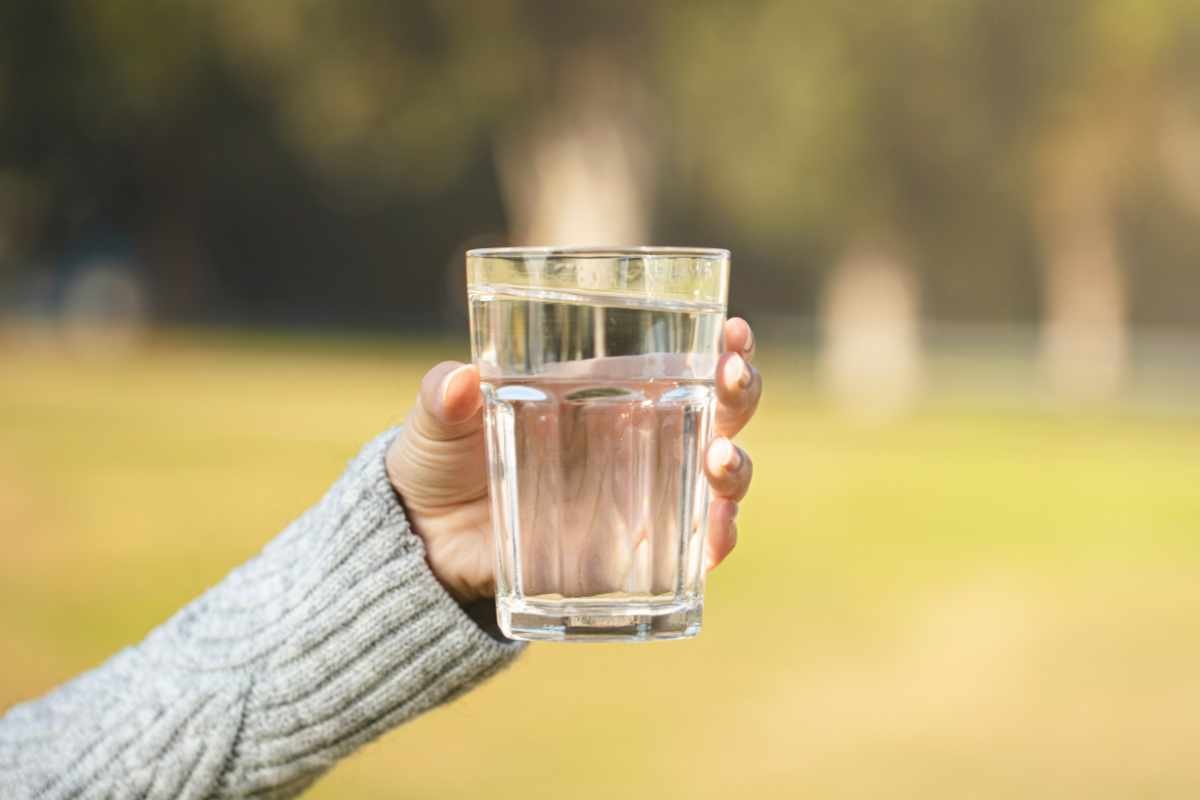
Water Fasting is a type of fasting that involves only drinking water and not eating any food or beverages for that time. It is a type of intermittent fasting that can vary in duration from a few hours to several days or even weeks. When an individual observes water fasting, their body enters a state called ketosis. In this state, the body starts to burn fat for energy instead of glucose from food. This could result in weight loss, improved insulin sensitivity, and other possible health benefits. Water fasting also involves different stages as follows:
1. Preparation (0-24 hours):
This reduces calorie intake gradually over the previous days. It is important to consult a healthcare professional if you have any underlying medical conditions.
2. Early Fasting (24-72 hours):
During this state, hunger pangs and cravings may occur. The body uses up the glycogen to store and starts burning fat for energy.
3. Ketosis (72-144 hours):
The body enters ketosis, producing ketones as a byproduct of fat burning. The energy levels increase, and weight loss gets accelerated.
4. Autophagy (144-210 hours):
At this stage, your body begins to recycle old and damaged cells and starts improving cellular health. Immune function may be enhanced, and some people report improved mental clarity.
5. Prolonged Fasting (beyond 210 hours):
Your body starts to adapt to prolonged fasting, and the metabolic changes become more visible. It’s vital to monitor health during this stage and consult a medical professional regularly.
Possible benefits of water fasting for 7 days:
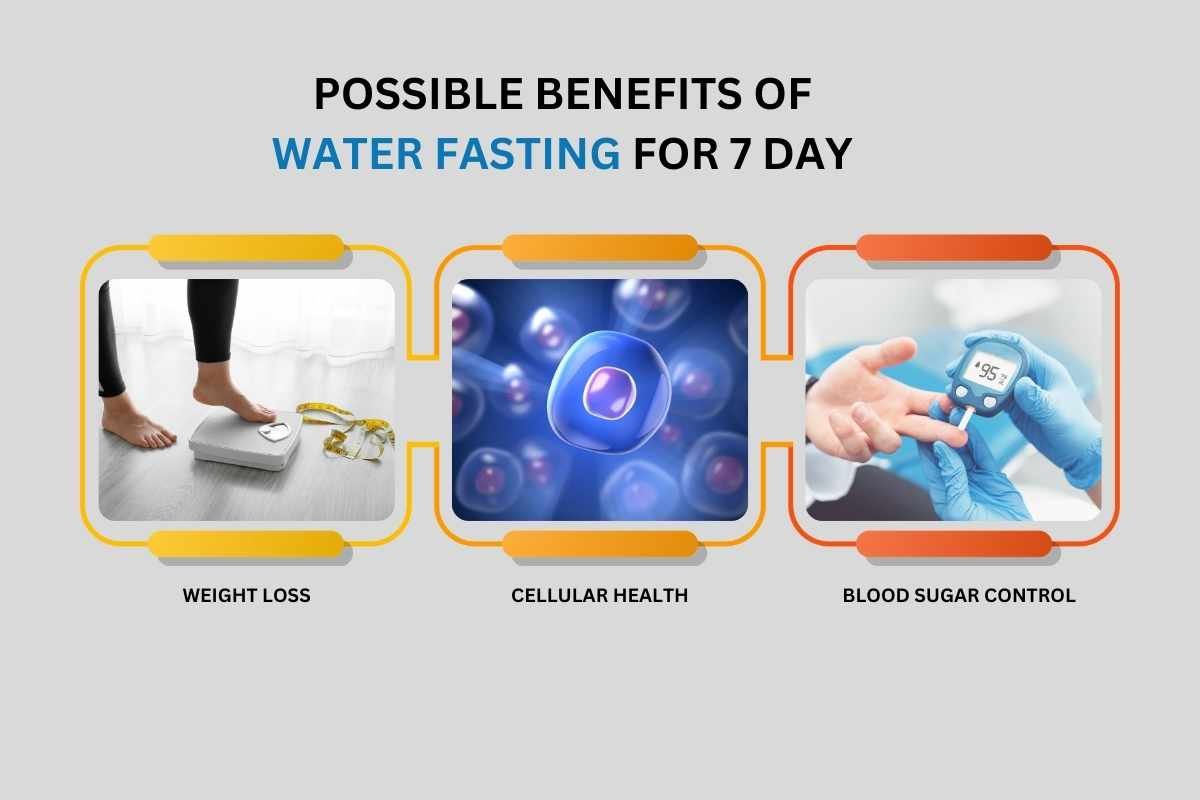
1. Weight Loss:
Water Fasting can result in weight loss by lowering caloric intake and forcing the body to burn fat and stored glycogen for energy.
2. Cellular Health:
This type of fasting initiates the process of autophagy, which eliminates the damaged cells and replaces them with healthier ones.
3. Blood Sugar Control:
Water Fasting ends up improving insulin sensitivity, which results in the regulation of blood sugar.
Guides for water fasting for 7 days:
Water fasting is not an easy tough to carry out. It requires focus and patience to completely follow it and finish it properly. However, there can be certain things that you expect to experience, like tiredness, weakness, and dizziness. You can also experience things like lightheadedness, nausea, and irritability. So, there is a list of things to expect during water fasting.
What to expect:
- Fatigue
- Hunger
- Dizziness
- Nausea
- Irritability
- Dehydration
How to break the fast?
To break water fast, you can gradually reintroduce your body to soft foods and easily digestible liquids. You can start with water with lemon juice or apple cider vinegar. You can also try bone broth, smoothies, fruits, and soups.
Foods to avoid post-fast:
After finishing the water fast, you should avoid consuming food items that are high in fat, sugar, and fiber, as well as processed foods and alcohol. The reasons you should avoid eating them are that they could result in digestive discomfort and bloating and potentially disrupt your blood sugar levels because of the sudden influx of nutrients after your body has been in a fasting state.
How Long Can You Water Fast for?
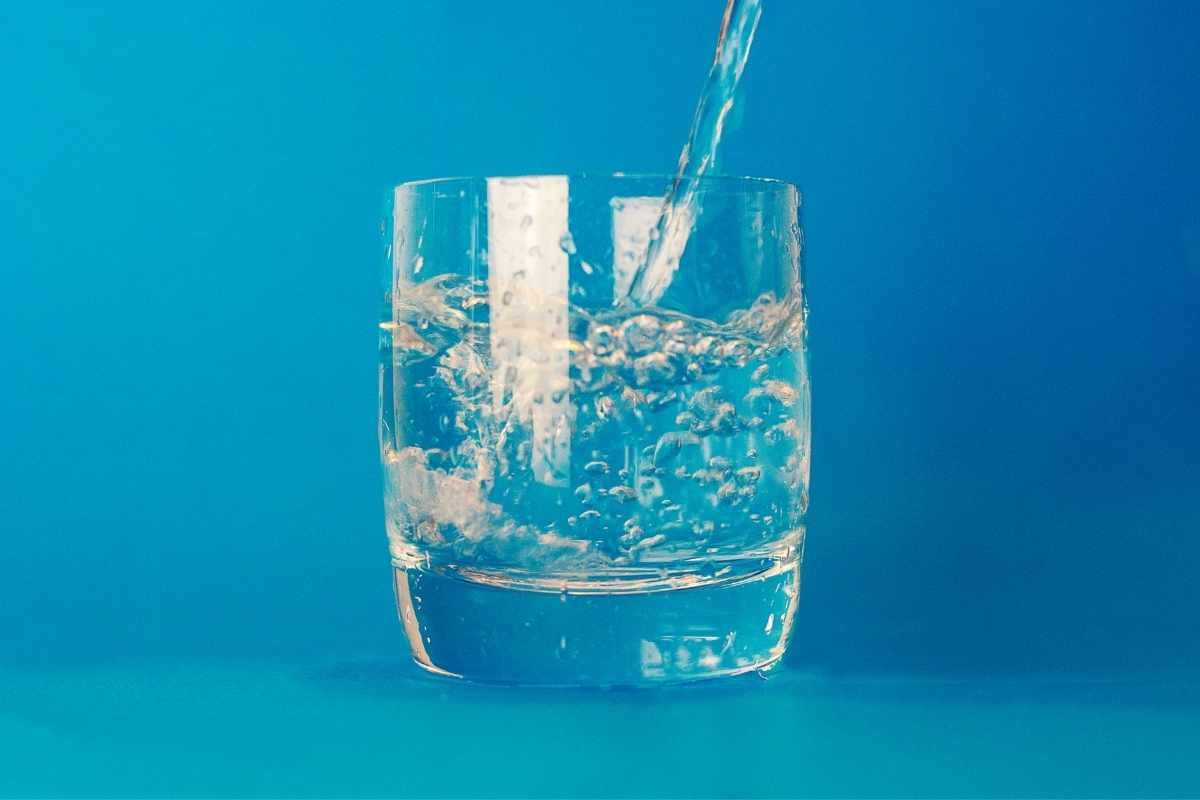
A usual water fast duration can last between 24 to 72 hours, and you should not attempt to observe water fast more than this. Exceeding this timeframe could lead to health risks and requires close monitoring by a healthcare professional.
Myths about water fasting:
➤ Water fasting can Reduce the Risk of Several Diseases.
Researchers have found some evidence suggesting that water fasting may reduce the risk of chronic diseases like cancer, diabetes, and heart disease.
➤ Water fasting might Improve Heart Health Risks.
Water fasting may help with weight loss and other factors that can reduce the risk of heart disease, but more research is needed.
Conclusion:
Water fasting for 7 days can be very beneficial from a health point of view. It can help you lose weight, improve your cellular health, and regulate your blood sugar as well. Fasting has always been observed with the purpose of spiritual rituals at times across various cultures. Along with peace of mind, it also contributes to improving well-being. However, it is not a cakewalk; it requires patience and self-control, as you may experience weakness and dizziness. Seeking medical advice is essential before observing water fasting.
FAQ:
1. Does Water Fasting Affect the Menstrual Cycle?
Yes, fasting can affect your menstrual cycle. Fasting can disrupt the balance of hormones that regulate your cycle, which can lead to irregular periods.
2. Does Water Fasting Cause Diarrhea?
During a fast, diarrhea may occur because of an oversecretion of water and salts in the GI tract.
3. Can water fasting might lead to Hyponatremia?
Yes, water fasting can potentially lead to Hyponatremia, which is a dangerously low sodium level in the blood due to the excessive intake of water without adequate sodium intake during a fast, overwhelming the kidneys’ ability to excrete excess fluid; this is why consulting a healthcare provider before attempting water fast is crucial.




